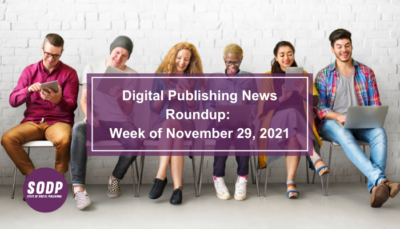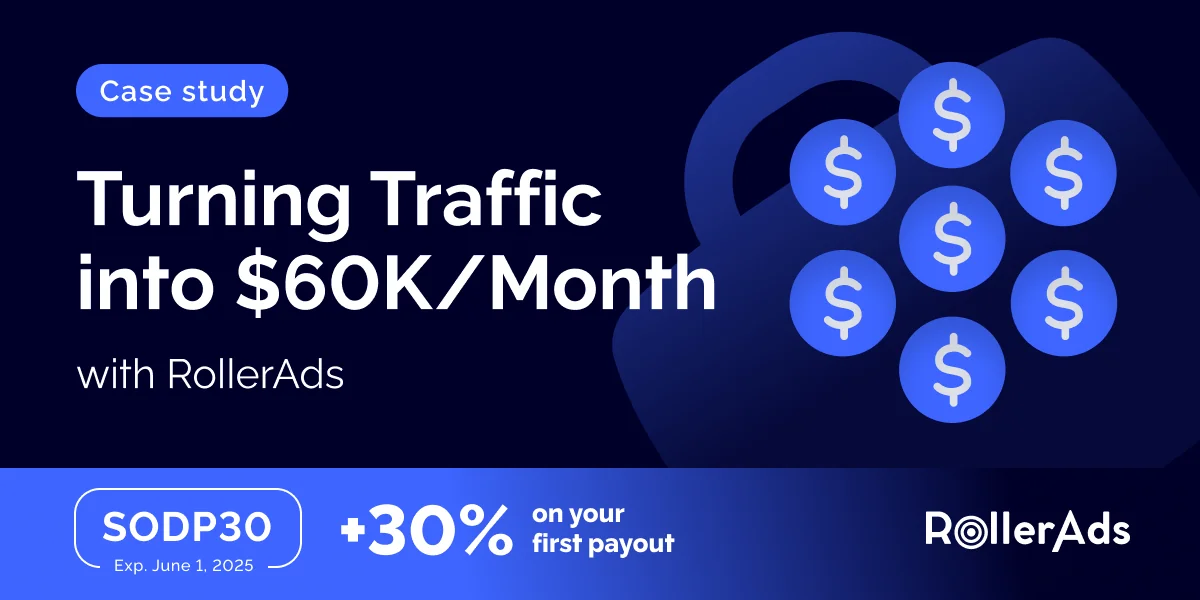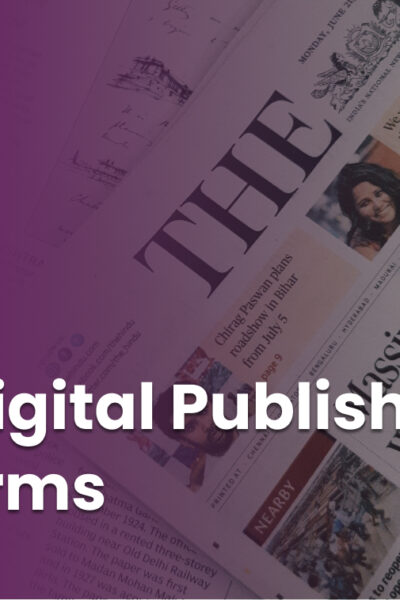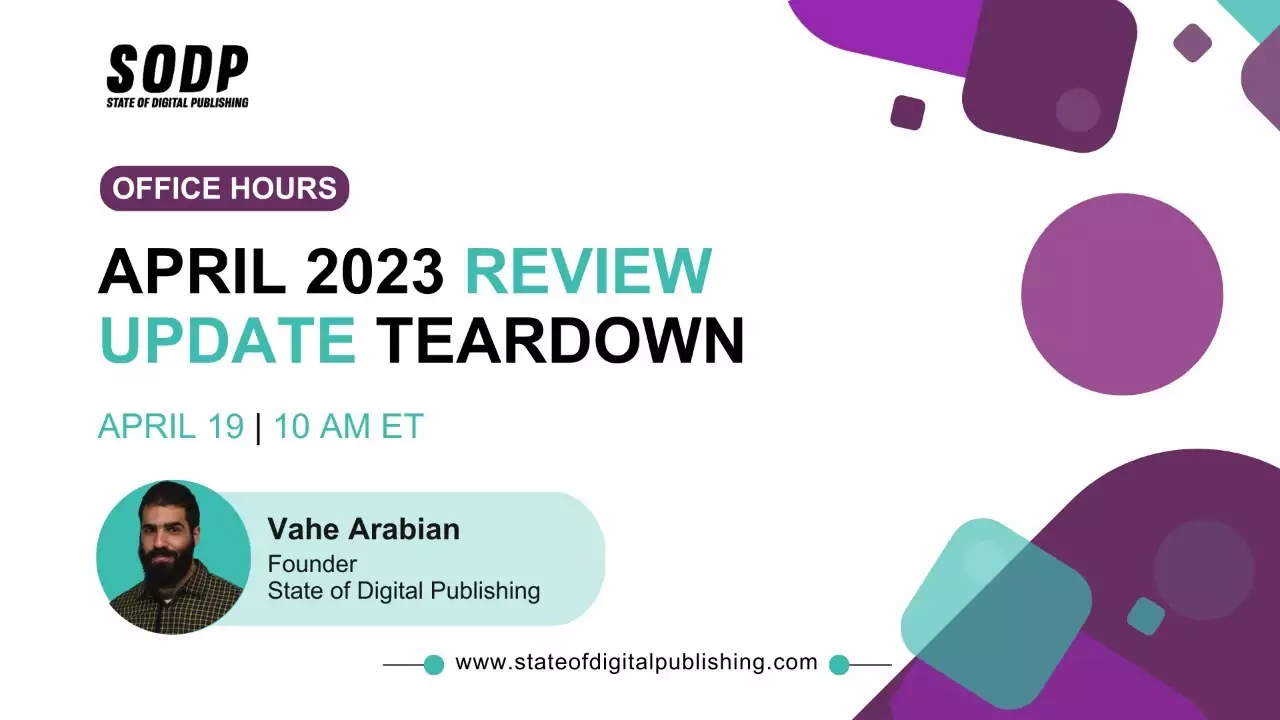What’s been happening in the world of digital publishing over the last week? Here’s your weekly round-up of news, announcements, product launches, and more.
Audience development and engagement
‘Exclusive is illusive’: U.K. publishers launch plan to mitigate loss of traffic when sources aren’t properly cited
In the absence of links to original sources, the significant impact on publishers’ traffic, and the associated revenues, are irrefutable. That’s the view of publishers in the U.K. who have come together via trade body the Association of Online Publishers (AOP) to back a standardized way to cite sources.
The protocol revolves around an email process whereby those publishers who have registered for it are able to contact other publishers who have not cited exclusive content they’ve produced so that it can be updated. While this could be done without the protocol, it would arguably be a disjointed process defined by each publisher’s own way of doing things. Different publishers will have different email addresses for who needs to be contacted in these instances, for example. Read more
Why it matters: As explains the article, “As much as this is about giving credit where it’s due, there’s also a commercial incentive. Linking is key for SEO… the protocol aims to help Google’s algorithm understand who the original source of a story is.”
Future of Digital Publishing
Why 18 Australian news minnows (and a billionaire’s charity) are clubbing together for big tech negotiations
This week, Q News and 17 other small Australian news publishers clubbed together to form the Public Interest Publishers Alliance, which wants to collectively negotiate licensing deals with Google and Facebook.
With support from the Minderoo Foundation – the charity of mining billionaire Andrew Forrest – the group will take advantage of new collective bargaining rules recently introduced by the Australian Competition and Consumer Commission (ACCC).
Why it matters: As the article explains, following Australia’s introduction of its news media bargaining code earlier this year, such major new outlets like News Corp, Seven West, Nine and ABC, Australia’s national broadcaster, have each agreed multi-million-dollar deals with the tech giants to become paid partners of Google News Showcase and Facebook News. However, “further down the food chain, it’s so far been a different story for some of Australia’s smaller news outlets.”
Media startups anxiously await BuzzFeed’s stock market debut
Digital media companies considering going public are watching BuzzFeed’s expected stock market debut next week to see how investors will respond. Read more
Why it matters: AsSara Fischer points out, “A slowdown in SPACs (special purpose acquisition companies) earlier this year pushed some digital media companies that were considering going public via SPAC IPOs away from the idea, such as Vice.”
BuzzFeed to Go Public Monday After Merger With SPAC, Acquisition of Complex Networks
BuzzFeed’s shareholders voted in favor of taking the company public on Friday as the media company completes its merger with a special purpose acquisition company 890 5th Avenue Partners and acquires Complex Networks.
BuzzFeed is expected to begin trading Monday and is the first digital media property to do so. Read more
Why it matters: Just like the article states: “[Buzzfeed] is the first digital media property to do so.”
Social Media
TikTok adds creator monetization features, including tips and video gifts
TikTok is introducing new ways for its creators to make money from their content. While already, the short-form video platform allowed creators to accept virtual gifts from fans during TikTok LIVE videos, a set of new features will allow creators to accept payments and gifts when they’re not livestreaming through the addition of Tips and Video Gifts. These features are rolling out alongside a new “Creator Next” portal, which organizes all TikTok’s monetization opportunities in one place. Read more
Content from our partners
Why it matters: As Sarah Perez points out, “The new features come about as the race to capture creator talent is heating up among the top social platforms. Facebook, Instagram, YouTube, Snap and even Pinterest and LinkedIn are all now offering creator funds that dole out monetary awards to creators making popular content, in an effort to attract and retain creators on their respective platforms.”
Twitter’s new privacy policy could clash with journalism
On Tuesday, Twitter said it is expanding its privacy policy to include what the company calls “private media.” Its current privacy policy prevents users of the service from sharing other people’s private information, such as phone numbers, addresses, and other personal details that might make someone identifiable against their will; under this policy, users who have shared such data have had their accounts blocked or restricted in a variety of ways. The new addition to the policy forbids “the misuse of media… that is not available elsewhere online as a tool to harass, intimidate, and reveal the identities of individuals.” Read more
Why it matters: “How the company will determine whether or not the content is in the public interest is unknown. How it defines the term “public figure” is also unclear, which suggests that the new policy may re-ignite the debate that Twitter’s “newsworthiness” standard”












